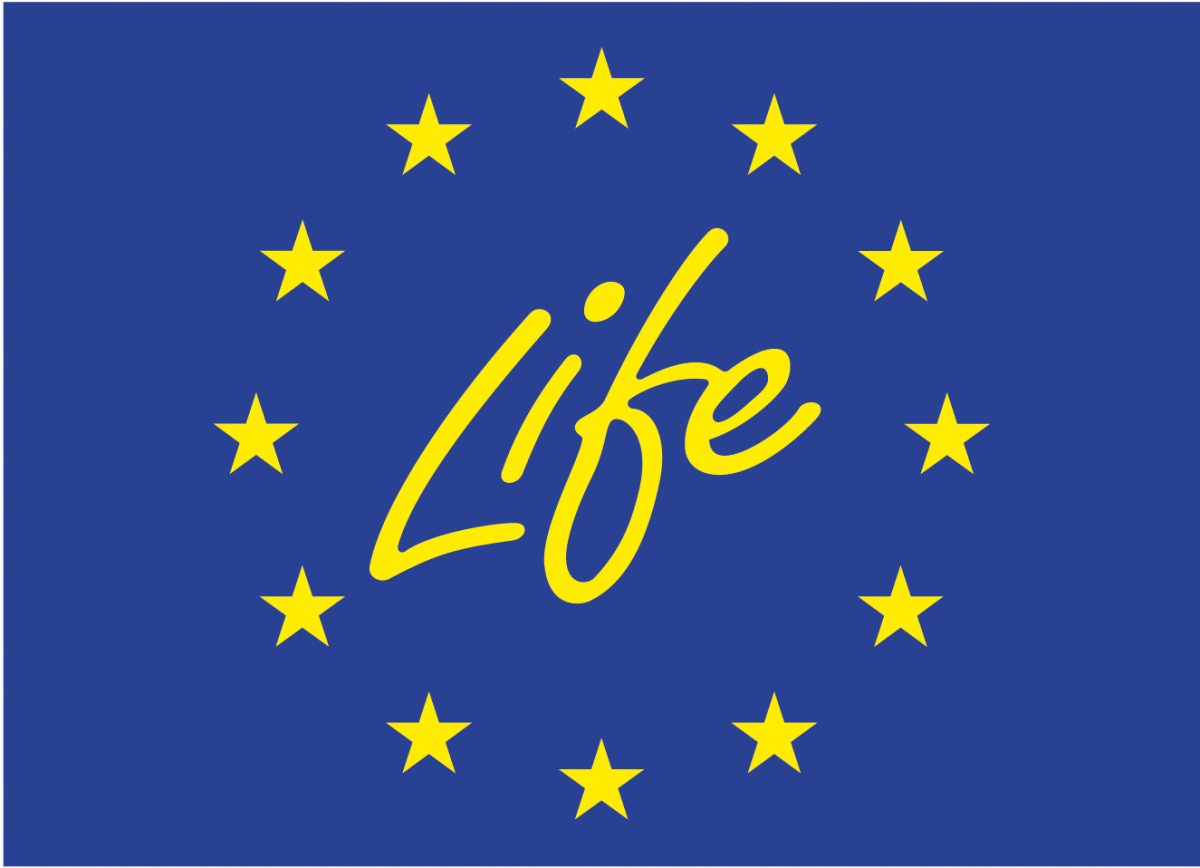#StopOverfishing
Overfishing is emptying our oceans. In simple terms it means catching too many fish at a faster rate than what fish can reproduce naturally.
Share
Overview
The North Sea has provided us with treasures for centuries. It’s about time we gave some back. Together we can #StopOverfishing!
Into the North – #StopOverfishing from Oceana on Vimeo.
Oceana acknowledges the generous support of EU LIFE Programme.
The backbone of the #StopOverfishing campaign is Oceana’s 2016 study on European fisheries. It was commissioned by Oceana and carried out by renowned German fisheries scientist Dr. Rainer Froese.
The study shows that if European fish stocks were managed sustainably – fish quotas set according to what scientists recommend to ensure the survival of the fish – then fish catches could increase by 60% over 10 years.
Throughout 2017, Oceana’s #StopOverfishing campaign will seek to raise awareness on overfishing in Europe and encourage the public to take action to demand fish catch limits respect scientific advice and not short-term economic interests, which will ultimately jeopardize fish stocks, jobs and livelihoods which depend on abundant oceans.


